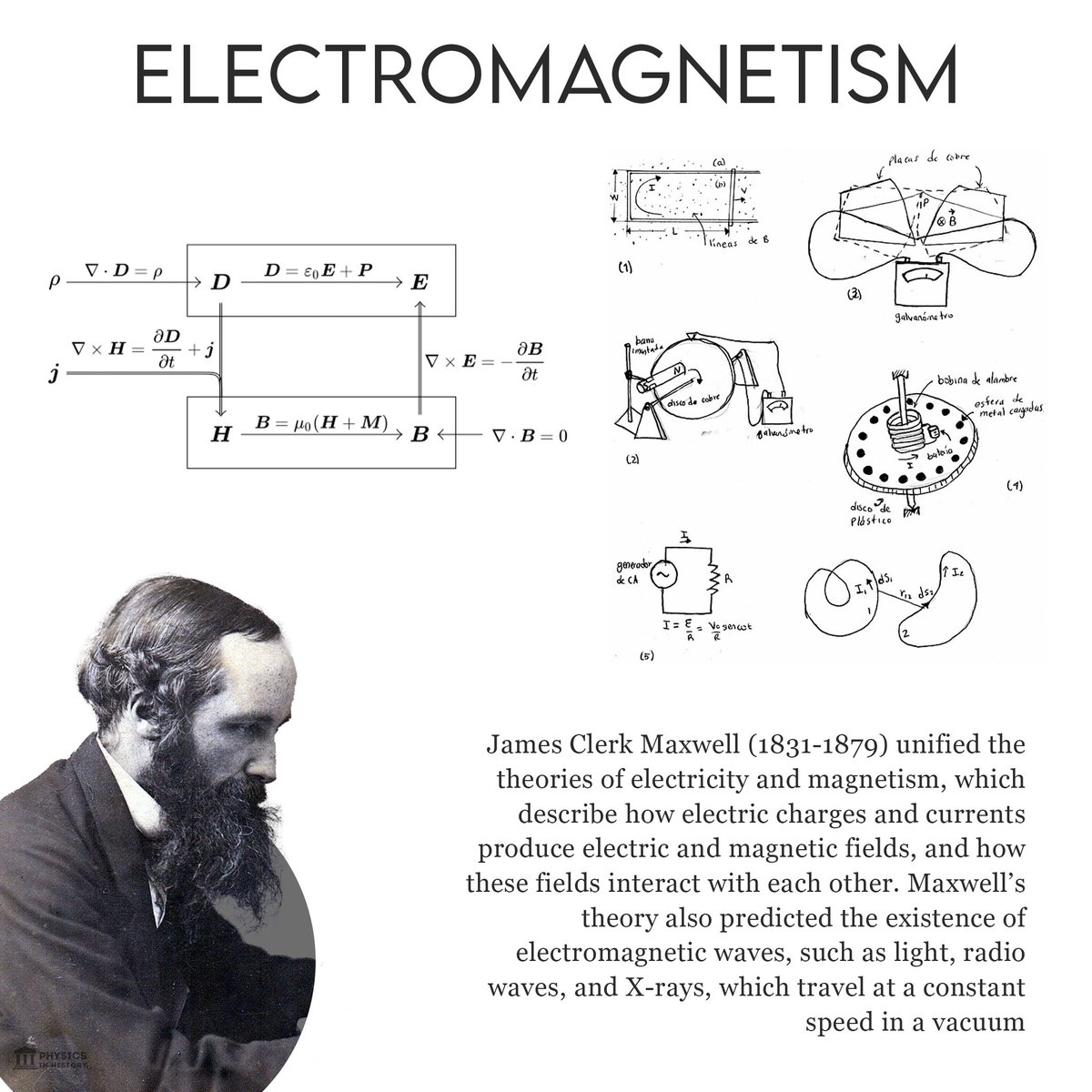The scientific method is a set of rules and procedures for conducting empirical research, that is, research based on observation and experimentation. The goal of the scientific method is to test hypotheses and theories and to discover new knowledge about the natural world.
The origins of the scientific method can be traced back to ancient civilizations, such as Egypt, Babylonia, Greece, India, and China, where natural philosophers and mathematicians developed methods of observation, measurement, calculation, and classification.
One of the earliest examples of a systematic approach to empirical inquiry is found in the Edwin Smith papyrus, an ancient Egyptian medical textbook from c. 1600 BCE, which describes the examination, diagnosis, treatment, and prognosis of various diseases. 

Another influential source of empirical knowledge was Babylonian astronomy, which emerged in the first millennium BCE as the first mathematical description of astronomical phenomena. 

Babylonian astronomers devised methods of prediction, calculation, and observation that influenced later cultures.
In ancient Greece, natural philosophy flourished as a rational inquiry into the nature of things. Among the most prominent figures were Thales, Pythagoras, Plato, Aristotle, Euclid, Archimedes, and Ptolemy, who made significant contributions to various fields of science. 

Aristotle was especially influential in developing a comprehensive system of natural philosophy that covered physics, biology, psychology, logic, ethics, and politics. He advocated an empirical method based on induction from observations and generalizations from experience. 

However, Aristotle’s method also relied on deductive reasoning from first principles and axioms that were not always empirically justified.
Moreover, his physics and cosmology were based on the assumption that the natural world was composed of four elements (earth, water, air, fire) and that celestial bodies moved in perfect circles around the Earth.
In ancient India, several schools of thought developed methods of empirical investigation and logical analysis. For example, the Nyaya school formulated rules of inference and debate. 

the Vaisheshika school proposed an atomic theory of matter; the Buddhist school rejected the notion of a permanent self; and the Charvaka school advocated a materialist and skeptical view of knowledge.
In ancient China, natural philosophy was intertwined with ethical and political philosophy.
The main schools of thought were:
> Confucianism,
> Daoism,
> Legalism,
> Mohism, and
>School of Names
The main schools of thought were:
> Confucianism,
> Daoism,
> Legalism,
> Mohism, and
>School of Names

They all employed methods of observation, analogy, argumentation, and experimentation to support their views.
In the Middle Ages, natural philosophy was influenced by religious doctrines and authorities.
In the Middle Ages, natural philosophy was influenced by religious doctrines and authorities.
In the Islamic world, scholars such as Al-Kindi, Al-Farabi, Al-Biruni, Al-Khwarizmi, Ibn Sina, Ibn al-Haytham, and Ibn Khaldun made advances in mathematics, astronomy, medicine, optics, and sociology. They also preserved and translated many ancient texts into Arabic. 

In Europe, the dominant intellectual tradition was Scholasticism, which was based on the teachings of Aristotle and the Church Fathers. Scholastic philosophers such as Thomas Aquinas, Duns Scotus, and William of Ockham used logic and dialectic to reconcile faith and reason. 

The Renaissance marked a revival of interest in classical learning and humanism. It also witnessed the emergence of modern science as a distinct field of inquiry. 

Some of the pioneers of the scientific revolution were Nicolaus Copernicus, Galileo Galilei, Johannes Kepler, Tycho Brahe, and Isaac Newton. They challenged the Aristotelian worldview and introduced new concepts and methods such as heliocentrism, inertia, gravity, and calculus.




The scientific revolution also stimulated philosophical reflections on the nature and limits of human knowledge. Some of the key figures in this regard were Francis Bacon, René Descartes, Thomas Hobbes, John Locke, David Hume, and Immanuel Kant. 

They debated issues such as empiricism vs rationalism, induction vs deduction, certainty vs probability, and realism vs idealism.
medium.com/illumination/i…
medium.com/illumination/i…
Francis Bacon (the father of modern scientific method) advocated a method of induction based on the collection and analysis of data from observation and experimentation. He also warned against the biases and prejudices that can distort the interpretation of evidence. 

In the 19th and 20th centuries, science underwent rapid and radical changes in both scope and content. New fields such as chemistry, biology, geology, psychology, sociology, and physics emerged and expanded.
New theories such as evolution, relativity, quantum mechanics, and genetics revolutionized our understanding of nature.
x.com/physinhistory/…
x.com/physinhistory/…
Science is also influenced by and influences technology, politics, economy, ethics, and education. The scientific method is not a fixed or final set of rules or procedures. It is a dynamic and evolving process that reflects the historical, social, and intellectual context.
Thank you so much for reading. If you liked this thread, don’t forget to check out our other threads on Physics and Mathematics ✍️
x.com/PhysInHistory/…
x.com/PhysInHistory/…
Follow us @PhysInHistory for more such informative posts on physics, mathematics, and philosophy of science.
Subscribe to our page to receive daily curated Physics papers and interactions with us.
Subscribe to our page to receive daily curated Physics papers and interactions with us.
• • •
Missing some Tweet in this thread? You can try to
force a refresh

 Read on Twitter
Read on Twitter

















